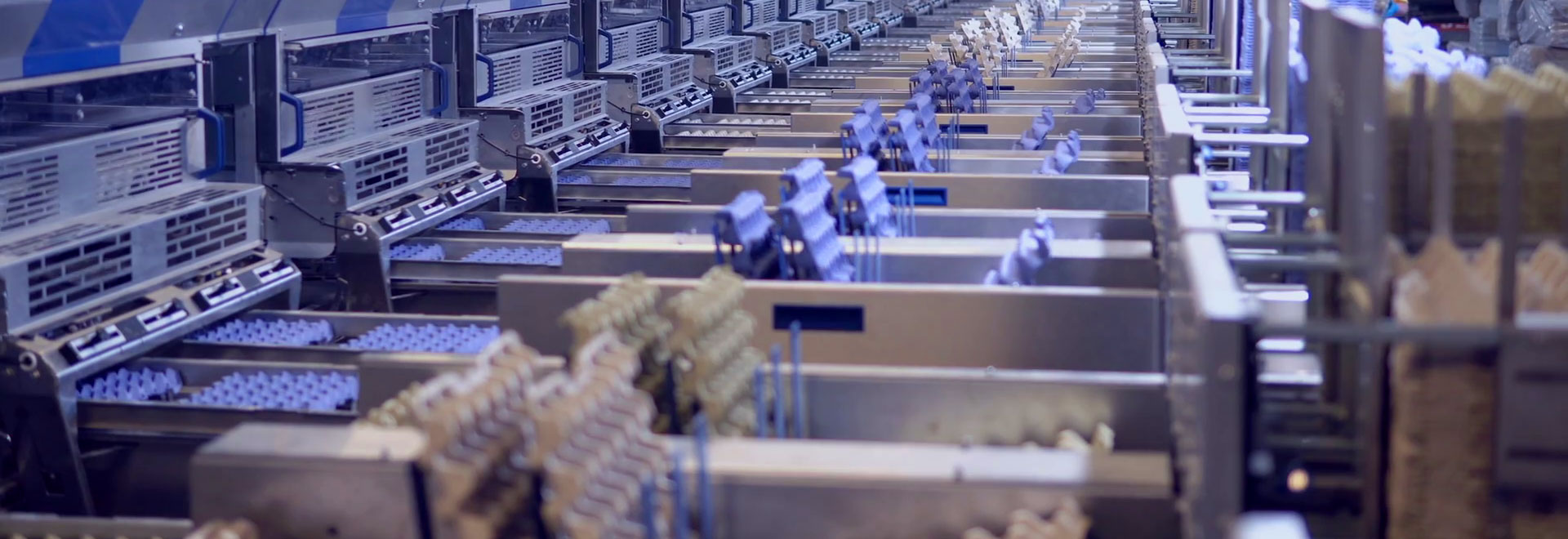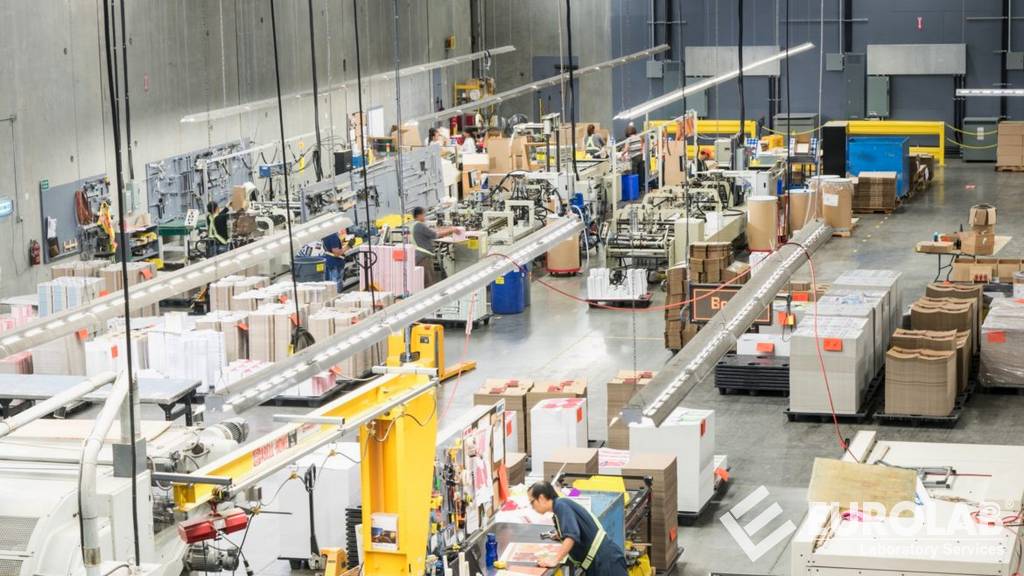

The EN 13432 standard, a European standard, describes the requirements and processes for biodegradability. In addition to general biodegradation, aerobic degradability of individual packaging materials must also be demonstrated in laboratory tests. Packaging components should not have any negative effect on the quality of the compost.

This standard has been published in our country by the Turkish Standards Institute (TSE) with the following title: TS EN 13432 Packaging - Biodegradation and recyclable packaging properties - Test stages and evaluation criteria for final acceptance of the packaging.
Environmental issues are more on the agenda than ever before, and resource and waste management has become very important. Recently, more emphasis has been placed on single-use plastics and their impact on the environment. In European Union countries, EN 13432 standard has been developed to determine the compostability and anaerobic processability of packaging materials.
Bio-based materials, namely bioplastics, are increasingly used in packaging and other single-use applications. Bio-based materials provide a lower carbon footprint and rely on an unlimited raw material by closing the carbon cycle that already exists in nature.
However, they must meet certain criteria in order to be biodegradable. For example, through industrial scale (anaerobic decomposition), wastewater treatment (aerobic), large-scale composting or soil composting through the already existing organic management system. In this way, no harmful and toxic effects on the environment are created, ie heavy metals and organic pollutants are removed. In order to achieve this, the American Test and Materials Association (ASTM), the International Standards Organization (ISO) and various European standards (EN) have been published and various legal regulations have been issued.
According to the results of these efforts, more than 2018 percent of plastic packaging was effectively recovered and recycled in 10. There is a great need for reusable, recyclable or compostable plastic packaging.
EN 13432 standard is adopted for the certification of plastic packages as biodegradable. This standard includes requirements and procedures for determining the compostability and oxygen-free processability of packaging materials by addressing the following four properties:
A number of different tests are applied in advanced laboratories to determine whether these requirements are met.
The first of these tests is chemical and heavy metal analysis. In these tests, possible damages of the components of the packaging material to the environment are investigated and the natural origin of the materials used is determined. Heavy metals considered in these tests are zinc, copper, nickel, cadmium, lead, mercury, chromium, molybdenum, selenium, arsenic and iron. For example, the permissible high zinc content in the packaging material is 150, the iron content is 100, and the copper content is 50 mg / kg.
The second of the tests is laboratory-scale tests on biodegradability. Considering the current standards, the packaging material is subjected to intensive biological treatment and the industrial organic waste treatment process (aerobic or anaerobic digestion conditions) is simulated. In aerobic biological degradation tests, ISO 14855, ISO 14852 and ISO 14851 standards are taken into consideration. In anaerobic biological degradation tests, ISO 15985, ISO 14853 and ISO 11734 standards are taken into consideration. These tests provide conclusive evidence of the material's biodegradability.
The third of the tests is to evaluate the quality of the final compost and possible adverse effects on the waste treatment process. Physical and chemical analyzes of the final compost are made and the ecotoxic effects of the compost on higher plants are examined.
In this regard, these testing and certification studies are very important to ensure the safety of products and their compatibility with compostable, organic waste management facilities.
Briefly, EN 13432 standard determines compostable properties. The purpose of this standard is to describe the characteristics of compostable packaging and the testing processes required to verify that the packaging meets the specified requirements.
Our organization, with a wide range of certification studies, with a trained and expert staff and advanced technological equipment, within the framework of national and international standards, within the framework of EN 13432 standard, recyclable packaging requirements through composting and biodegradation and test plan and evaluation for final acceptance of packaging provides services on the criteria.
To get an appointment, to get more detailed information or to request an evaluation, you can ask us to fill in our form and reach you.